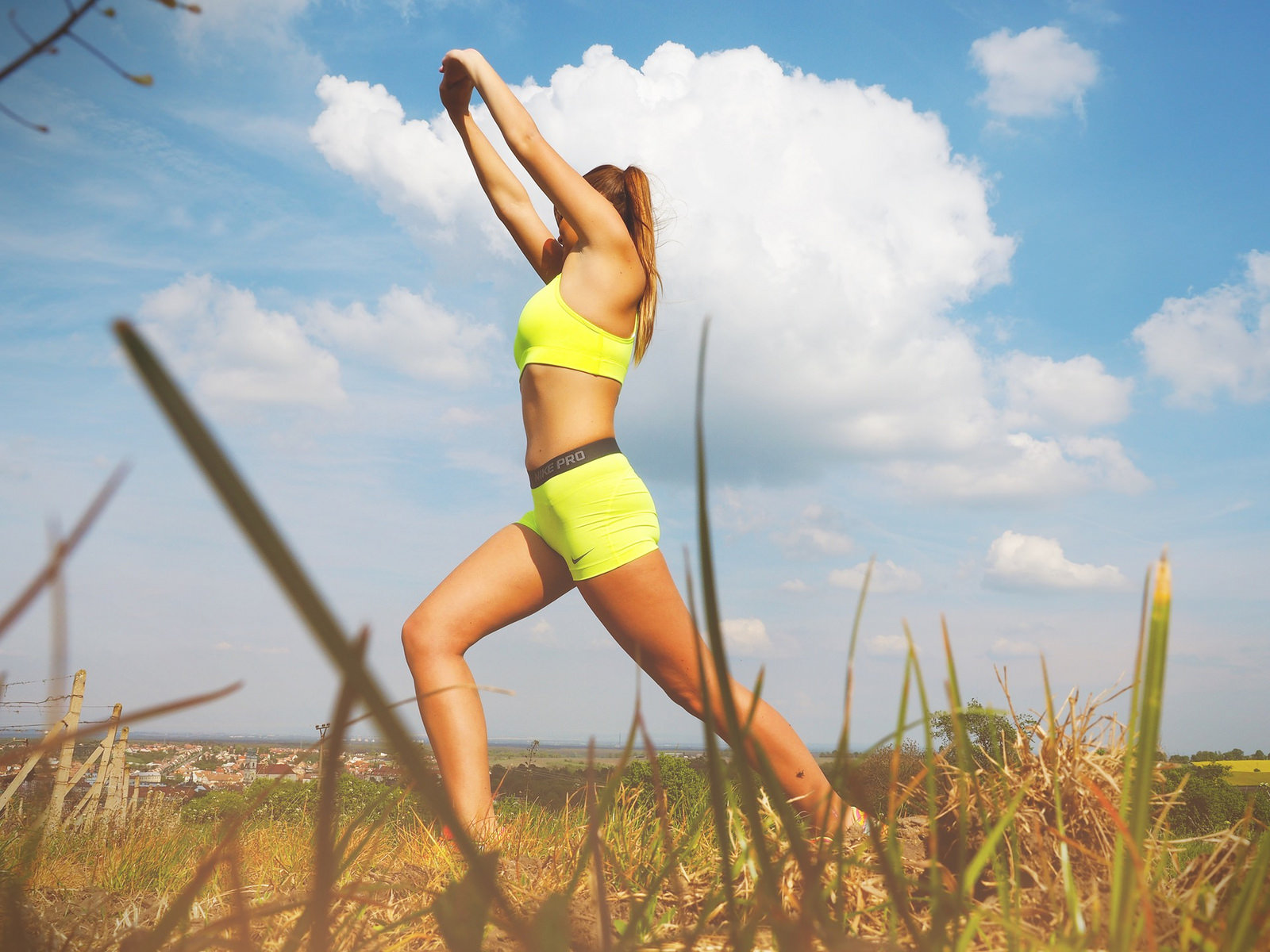
Image: Hamza Butt
We all know that exercise can do wonders for our physical and mental health. However, there are still some of us who view exercise as something that can only benefit those who are in their 20s or 30s. This is far from the truth as exercise can benefit anyone, regardless of age. In fact, the older we get, the more reasons we have to get into the habit of working out regularly.
Exercise and Aging
Our bodies undergo several changes as we age. Although we don’t have complete control on some of these changes, there are things we can do to slow down the progression of these changes. One of which is exercise.
Research suggests that regular physical activity throughout a person’s life can help in slowing age-related declines. Regular exercise can also help prevent the onset of diseases associated with obesity and sedentary lifestyle. These include diabetes and heart disease. If you’re just new to working out, you’ll be happy to know that by getting into regular physical activity, you can reverse the damaging effects of your years of inactivity.
Staying active as you age also have the following benefits:
- It protects you from the ill effects of brain damage.
The more activity you do, the better your brain functions. This has been attested by several studies including one from Rush University Medical Center.Using the MRI scans of 167 patients in their 80s, the researchers found out that those who were most active had no ill effects on mobility despite having areas of brain damage. This has something to do with the physical activity’s protective effect against brain damage. Hence, the more active you are, the less likely the brain damage is going to affect you. - It enhances mobility, flexibility, and balance.
Exercise helps in improving strength, flexibility, and posture, which in turn, helps in reducing the risk of falls.
- It helps maintain brain function.
Aging can cause a decline in our cognitive function. This is why doing Sudoku and crossword puzzles are recommended for the aging population. But did you know that exercise can have more benefits on the cognitive function than activities like these? It helps in keeping the brain active and helps prevent memory loss, dementia, and cognitive decline.
Best Exercise For Your Age
Exercise may be that magic pill for staying youthful but not all exercises are created the same especially if we take into consideration one’s age. Obviously, a 50-year old body is not the same as a 20-year old. You can’t push your body as much as you did when you were younger, no matter how much you try to do it. Plus, your body’s needs are different when you were younger.
Below is a short guide on what type of exercise you should do based on your age:
In your 30s…
When you reach your 30s, you’ll notice that your weight doesn’t come off easily as it used to. It’s because after age 20, your basal metabolic rate drops by 1 to 2 percent every decade.
In your 30s, keeping fit means hard work. Fitness specialists recommend doing cardio/resistance training four times a week. They also recommend doing strength training for every muscle group twice a week with 2 days rest between sessions.
In your 40s…
By the time you reach 40, your metabolism slows down further, you lose more lean muscles, and your body fat increases. At this stage, even women who don’t seem to put on a pound may start to gain weight.
The best workout routine for this decade is cardio for at least three days a week and doing more resistance training. When you’re in your 40s, you have to train hard and work out consistently.
In your 50s and 60s…
In your 50s and 60s, your metabolism will feel like it’s a crawl. And it’s not just in your mind. In one research, it shows that women gain an average of 12 pounds eight years after menopause.
In these stages, you can benefit from doing cardio 4 to 6 times a week for 20 to 40 minutes each session. Low-impact exercises like yoga and tai chi are great add-ons in your routine. They are great for balance which can help reduce your risk of falls.
There’s really no perfect age to start working out but the sooner you start it, the better.